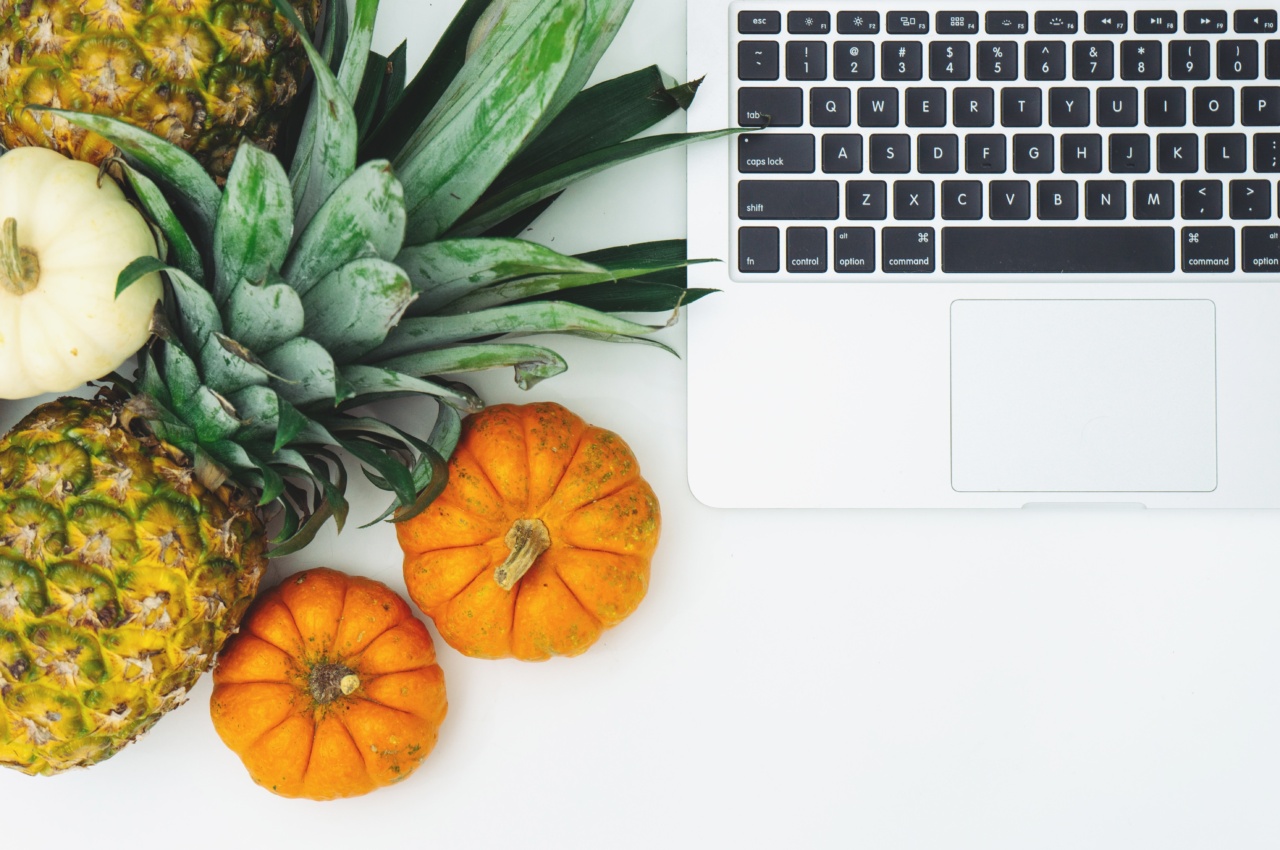Pumpkin is not just a popular ingredient for carving jack-o-lanterns during Halloween; it also offers a variety of health benefits. In addition to being delicious, pumpkins are packed with essential nutrients that support overall well-being.
Whether consumed in savory dishes, desserts, or beverages, pumpkins can be a nutritious addition to any diet.
Vitamins and Minerals
Pumpkins are an excellent source of several vitamins and minerals that promote good health. One cup of cooked, mashed pumpkin contains:.
- Vitamin A: Pumpkin is loaded with beta-carotene, which the body converts to vitamin A. This vitamin is essential for good vision, a strong immune system, and healthy skin.
- Vitamin C: Pumpkins are a good source of vitamin C, which plays a crucial role in collagen production, wound healing, and supporting the immune system.
- Potassium: Pumpkin is rich in potassium, which helps regulate blood pressure, support proper muscle and nerve function, and maintain a healthy balance of fluids in the body.
- Magnesium: Pumpkin contains magnesium, an important mineral involved in various bodily functions, including bone health, energy production, and nerve function.
- Iron: Pumpkins provide a small amount of iron, which is necessary for the production of red blood cells and carrying oxygen throughout the body.
Fiber
Pumpkins are a great source of dietary fiber, which is essential for a healthy digestive system. One cup of cooked pumpkin provides around 3 grams of fiber, which can help regulate bowel movements and prevent constipation.
Fiber also promotes feelings of fullness, making it easier to maintain a healthy weight.
Antioxidants
Pumpkins are rich in antioxidants, including beta-carotene, which gives them their vibrant orange color.
Antioxidants help protect the body against damage from harmful free radicals, reducing the risk of chronic diseases such as heart disease, certain cancers, and eye-related disorders. Regular consumption of pumpkin can contribute to overall health and well-being.
Low in Calories
Despite their rich flavor and texture, pumpkins are relatively low in calories. One cup of cooked, mashed pumpkin contains only about 50 calories, making it a great option for those who are watching their calorie intake.
Pumpkins can be incorporated into various recipes, adding depth and nutrition without excessive calories.
Boosts Immunity
The high concentration of vitamins and antioxidants in pumpkins makes them beneficial for boosting the immune system. Vitamin C, in particular, plays a crucial role in strengthening the immune system’s defense mechanisms.
Including pumpkin in your diet can help improve your body’s ability to fight off infections and maintain overall health.
Eye Health
As mentioned earlier, pumpkin is an excellent source of beta-carotene, which the body converts into vitamin A. This vitamin is essential for maintaining healthy eyesight.
Regular consumption of pumpkin can help reduce the risk of age-related macular degeneration (AMD), a common eye condition that often leads to vision loss in older adults.
Heart Health
Pumpkin’s nutritional profile makes it beneficial for heart health.
The fiber, potassium, and antioxidants found in pumpkins contribute to maintaining healthy cholesterol levels, reducing the risk of high blood pressure, and preventing the development of heart disease. Incorporating pumpkins into a balanced diet can support cardiovascular well-being.
Weight Management
Pumpkins are a great addition to a weight management plan. Due to their high fiber content, pumpkins can help promote feelings of fullness, reducing the likelihood of overeating.
Additionally, they are low in calories, making them a satisfying yet nutritious option for those looking to maintain or lose weight.
Bone Health
With a good amount of magnesium and a touch of calcium, pumpkins contribute to maintaining strong and healthy bones. Magnesium aids in calcium absorption, which is vital for bone mineral density and preventing conditions such as osteoporosis.
Including pumpkins in your diet can support long-term bone health.
Recipes and Serving Ideas
Pumpkin can be a versatile ingredient in various recipes, both savory and sweet. Here are a few ideas to incorporate pumpkin into your meals:.
- Pumpkin soup: Simmer roasted pumpkin with vegetable broth, onions, and spices to create a delicious and comforting soup.
- Pumpkin smoothie: Blend canned pumpkin with banana, almond milk, and a sprinkle of cinnamon for a nutritious and tasty smoothie.
- Pumpkin pancakes: Add pumpkin puree and warm spices to your pancake batter for a fall-inspired breakfast.
- Pumpkin curry: Make a flavorful curry by combining pumpkin chunks with coconut milk, curry paste, and your choice of vegetables or protein.
- Pumpkin bread: Bake a moist and fragrant pumpkin bread using pumpkin puree, whole wheat flour, and aromatic spices.
These are just a few examples, but the possibilities are endless when it comes to incorporating pumpkin into your meals. Experiment with different recipes to find your favorite way of enjoying this nutritious ingredient.






























